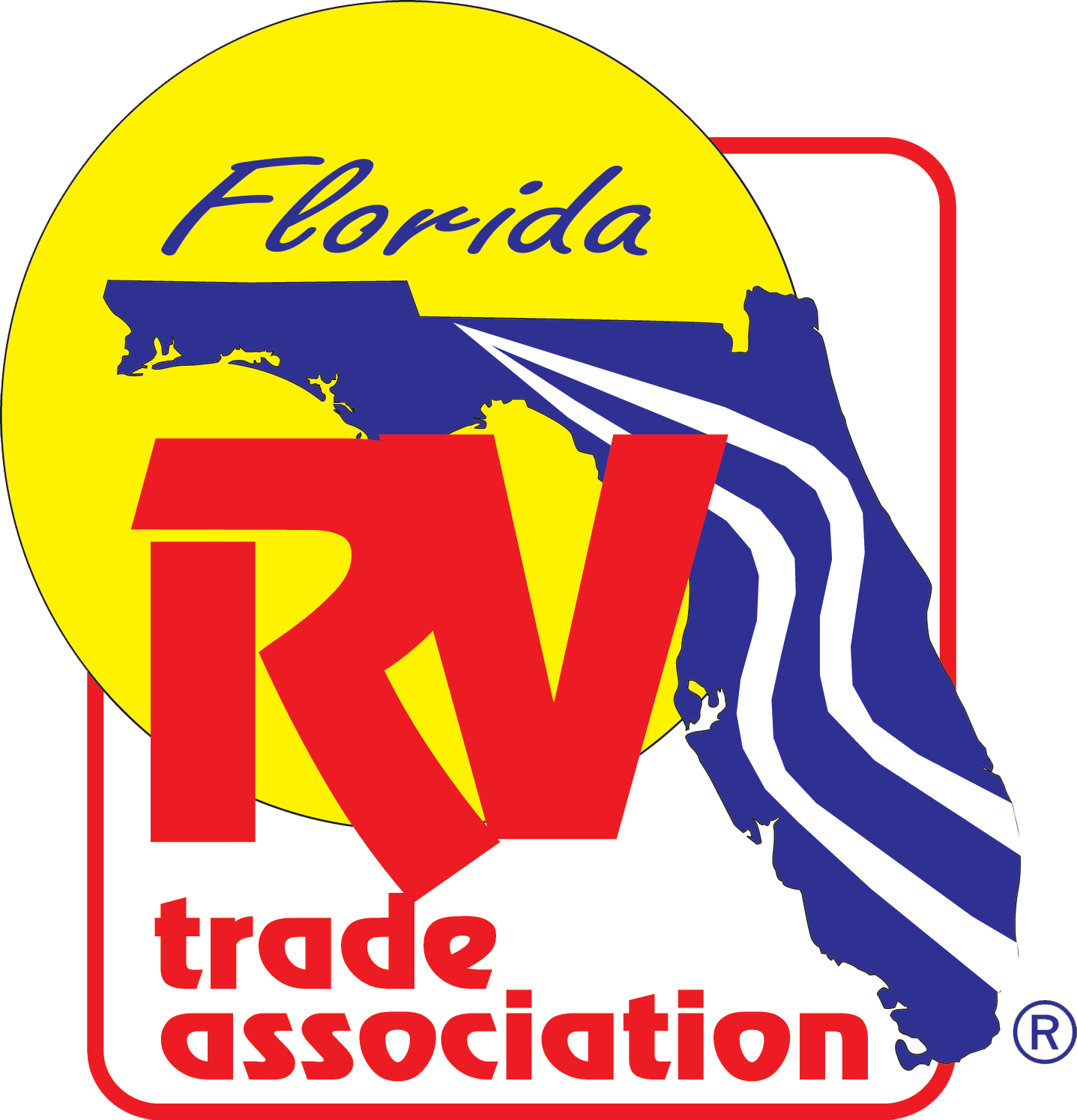Legislative priorities including Civil Remedies, addressing initial budget items and have made significant headway in the first few weeks of session. Measures that affect Florida’s civil Justice system were addressed in both chambers week 3 of the Legislative Session were sent to the Governor for his signature. This legislation, HB 837 and SB 236 became law effective March 24, 2023.
The changes to Florida’s civil justice system include:
- Changes Florida’s comparative negligence system from a “pure” comparative negligence system to a “modified” system, except for medical negligence cases, so that a plaintiff who is more at fault for his or her own injuries than the defendant may not generally recover damages from the defendant.
- Provides uniform standards to assist juries in calculating the accurate value of medical damages in personal injury or wrongful death actions.
- Modifies Florida’s “bad faith” framework to:
- Allow an insurer to avoid third-party bad faith liability if the insurer tenders the policy limits or the amount demanded by the claimant within 120 days after receiving actual notice of the claim.
- Clarifies that negligence alone is not enough to demonstrate bad faith.
- Requires a claimant to act in good faith with respect to furnishing information, making demands, setting deadlines, and attempting to settle the insurance claim.
- Allows an insurer, when there are multiple claimants in a single action, to limit the insurer’s bad faith liability by paying the total amount of the policy limits at the outset.
- Provides that Florida’s one-way attorney fee provisions for insurance cases apply in limited situations.
- Required the trier of fact in a premises liability action brought by a person who was lawfully on the defendant’s property and injured by a third party’s criminal act to consider the fault of all persons who contributed to the injury.
- Reduces the statute of limitations for general negligence cases from 4 years to 2 years.
- Clarified that a property owner is not liable for negligence when a person who commits a criminal act on the property is injured.
Another legislative item of importance to our industry is Catalytic Converters. HB 185 by Representative Hawkins (R) and SB 306 by Senator Boyd (R):
- Prohibits a person from knowingly purchasing a detached catalytic converter unless he or she is a registered secondary metals recycler.
- Requires a registered secondary metals recycler that purchases a detached catalytic converter to keep specified records and provides penalties for noncompliance.
- Prohibits a person from knowingly possessing, purchasing, selling, or installing a:
- Stolen catalytic converter;
- Catalytic converter that has been removed from a stolen motor vehicle;
- Catalytic converter with a removed, altered, or defaced identification number; or
- Detached catalytic converter without proof of ownership, unless the person meets an exemption.
- Provides an inference that a person who is in possession of two or more detached catalytic converters, unless satisfactorily explained, knows or should have known that the catalytic converters may have been stolen or fraudulently obtained.
The legislation prohibits a person from knowingly importing, manufacturing, purchasing for the purpose of reselling or installing, selling, offering for sale, or installing or reinstalling in a motor vehicle a counterfeit, fake, or nonfunctional catalytic converter.
The legislation also prohibits a secondary metals recycler from processing or removing from its place of business a detached catalytic converter purchased by the secondary metals recycler within 10 business days after the date of purchase, unless the person selling the catalytic converter meets an exemption.
The House and Senate released their first round of budget appropriations. The 2023-2024 budget negotiations will continue in the coming weeks. The House General Appropriations Act provides $112,968,304,311 and the Senate General Appropriations Act provides $113,665,523,805.
As Legislators are at work and support our industry, advocacy is critical to ensure our voices continue to be heard. Through PAC contributions, FRVTA is able to foster and strengthen relationships with lawmakers, which allows us to articulate the association’s priorities to elected officials to move forward our legislative agenda. Without member contributions, these efforts would not be possible. Thank you for your continued support in of our advocacy efforts.
